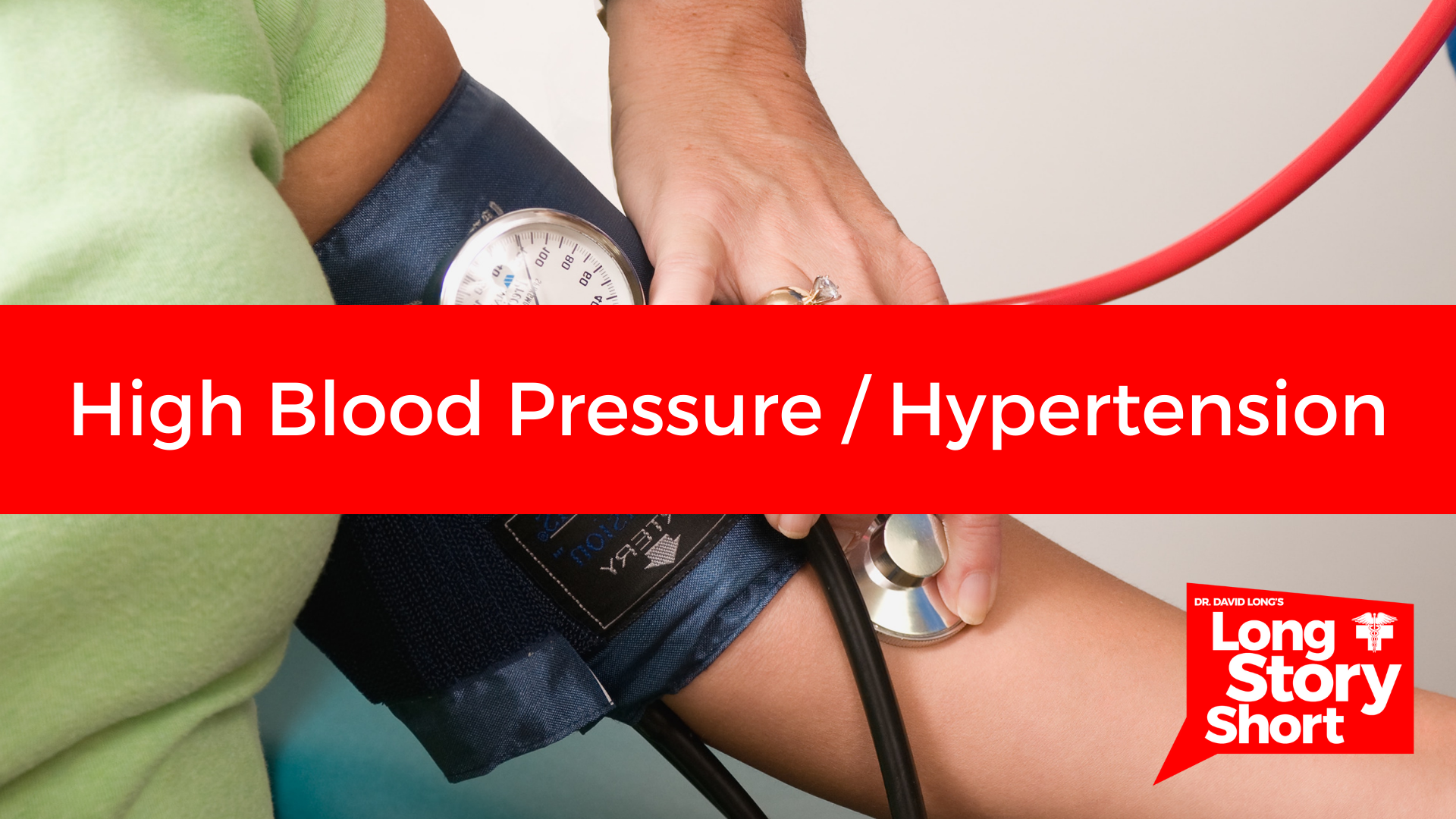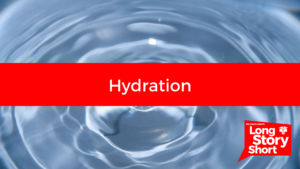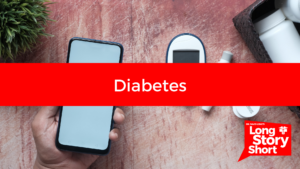High Blood Pressure / Hypertension Summary
• High blood pressure is a silent killer that most people are unaware of.
• It is important to get regular checkups to ensure you know your blood pressure.
• Lifestyle changes, such as exercise and diet, can help lower blood pressure.
• If necessary, medication can be used to lower blood pressure safely and effectively.
• Once high blood pressure is under control, it is important to maintain healthy habits to keep it down.
Full Text
What if I told you that I can help you decrease your chance of stroke or heart attack? That we can help you increase your longevity and put good years on your life by simply staying one step ahead of this silent killer? I’m David Long and today I’d like to talk to you about high blood pressure or hypertension, also known as the silent killer.
So if we’re going to look at hypertension, we need to think about three things. Number one, we need to recognize hypertension. It’s called the silent killer because most people who have high blood pressure don’t even know. Number two, we need to treat it effectively and safely. And number three, we need to maintain our blood pressure at a healthy place.
So if I’m telling you that it’s the silent killer, that means that most people don’t even know they have high blood pressure. Occasionally it gets to the point where we lose our ability to compensate in our bodies for our raising blood pressure. And we have things like chest pain or fatigue, vision changes, or headaches. But for a lot of people, they don’t have any symptoms at all. The problem is that you still have a risk of stroke and heart attack or kidney disease, whether you know you have hypertension or you don’t. So it’s my recommendation that through regular follow-ups with your primary care provider, we check to be sure that we know what your blood pressure is, and not just those spot checks at the doctor’s office, but get a blood pressure monitor at the pharmacy. They’re not particularly expensive. I recommend ones that go over your arm rather than the ones that go over the wrist – they tend to be more accurate. Or you can even go to the grocery store, and while you’re there, put your arm in the machine, write down the recording and provide it to your doctor, so that we can be sure we’re keeping track of it.
So what if you end up having high blood pressure? What do we do about that? Well, the first approach should always be lifestyle changes. We don’t need to jump to medication unless the blood pressure is dangerously high. So what kind of lifestyle modifications would we look at? First and foremost, a low salt diet. There’s a diet called the dash diet, which stands for the dietary approach to stopping hypertension. It’s a very effective way to lower our blood pressure. A few points, other lifestyle modifications that we might employ would be exercise or both a combination of aerobic exercise and weight training – to kind of help bring that blood pressure down to its goal.
And lastly, it may require some medication. Oftentimes I’ll see patients with really elevated blood pressure that say, “Now Dr. Long, I don’t want to be on any medication. I’ll just diet and exercise.” I’m all for that. But in the meantime, to avoid having a stroke in the parking lot, let’s get on some medication when it comes down and you can maintain it with diet and exercise, we come off the medication. The good news about blood pressure medication is that it’s cheap, very low side effects and very effective.
So lastly, how do we maintain it? Once we’ve gotten the blood pressure where it belongs, what do we do to maintain it? One, we want to exercise regularly, once you’ve checked with your physician to make sure that it wouldn’t be unsafe. We want regular exercise four to five times a week, I want to get your heart rate to about 80% of its maximum and keep it there for about 20 minutes. I often have patients say, “Oh Dr. Long, I have an active job. So you know, I exercise.” And while that’s true, they probably get more exercise in their job than I do in my job, unfortunately that doesn’t really count for the kind of exercise that’s going to maintain our blood pressure. Number two, our diet. Our diet is extremely important. It affects our weight, it affects our cholesterol, our blood sugar, and of course our blood pressure. So we want to look for low salt alternatives to our diet. And oftentimes people say, “Well that’s easy. Oh you know, I don’t use my salt shaker, I don’t salt my food.” That’s great. But I’m really speaking more about the salt content that’s already in our food. We want to look for very low sodium content products. And at the same time, less fried foods, and less fatty foods. These are the kinds of things that are going to raise our blood pressure as well. And also stress reduction. That’s not something that happens on the short term, but over the longterm. If we minimize stress, we improve the quality of our sleep and we see our blood pressure come down.
So we want to be sure that we recognize the silent killer, that we fix it, and that we maintain our blood pressure to put good years on our lives, decrease our risk of stroke and heart attack and kidney disease among others. We’d love to help you with that. If you think you’ve got a problem with high blood pressure, we’d be happy to help. If you’d like some more information about how to stop the silent killer, we’ve provided a free downloadable PDF form here on the website. Feel free to download that, share it, or if you have any other questions, give us a call.





 and then
and then